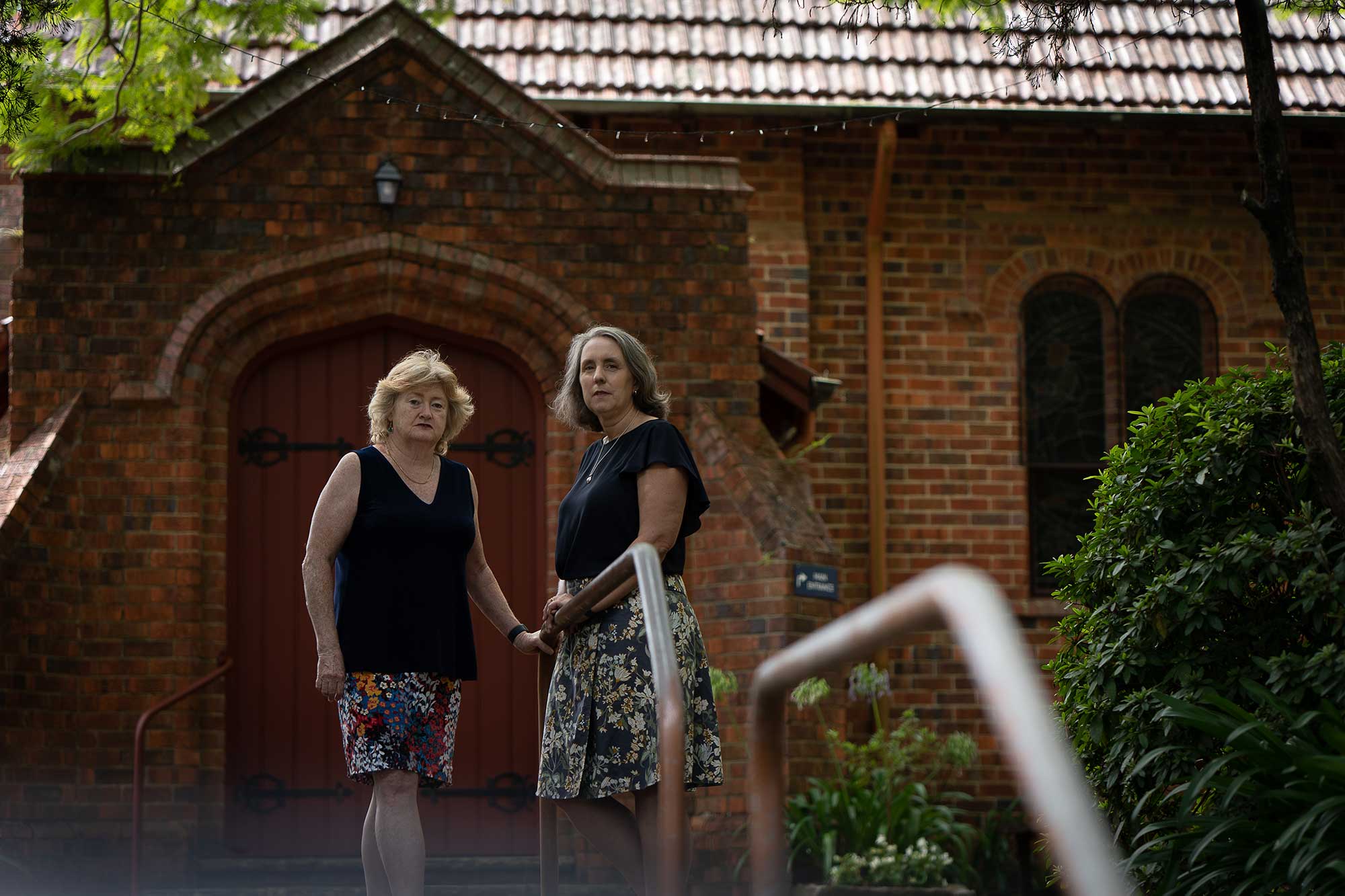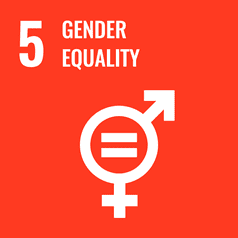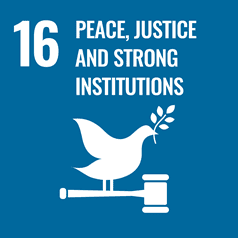Catholic women’s cries for change to be heard at the Vatican on IWD
The most extensive global survey of Catholic women ever undertaken, detailing experiences of women in the church, will be presented by Australian researchers in-person at the Vatican this International Women’s Day.

Authors Dr Kathleen McPhillips and Dr Tracy McEwan.
The newly published International Survey of Catholic Women (ISCW) comprises more than 17,000 responses from participants across 104 countries.
Led by Drs Tracy McEwan and Kathleen McPhillips from the College of Human and Social Futures at the University of Newcastle, Australia, the report details 20 key findings and further presents 14 key recommendations from the responses.
“The survey captured the complex diversity, insights, and shared concerns of thousands of Catholic women from around the world,” Dr McEwan explained.
“We asked about identity, views on church reform and various issues impacting women, including women in church leadership and sexual abuse, among many other things.
“We found even when women have considerable struggles with Catholic institutions, nearly 90 per cent said their Catholic identity is important to them. Many continue to practise their faith despite significant concern, frustration and dissatisfaction with the institutional church,” she said.
The survey was initiated by international organisation Catholic Women Speak in response to Pope Francis’ invitation for submissions to the 2021-2023 Synod of Bishops – a process to examine how the church comes together to address major issues facing the church.
Catholic Women Speak invited the research team at the University of Newcastle, along with Professor Emeritus Tina Beattie from Roehampton University UK, to devise and run the survey and submit a report to the Vatican. The ISCW is a significant contribution to this process, providing substantial information from Catholic women across the world.
The work has already had global impact, capturing the attention of senior Vatican officials working on the Synod content and prompting an invitation for the team to present the findings in-person.
“The overwhelming response we’ve had is a clear indicator of just how silenced Catholic women have felt,” Dr McEwan said.
Comprising quantitative and qualitative data, the survey included open-ended questions, which resulted in some significant insights.
One Australian responder commented:
‘Being a woman in the Church is hard - we walk the line of being valuable members of society but voiceless in many elements of the Church. I am trying to find the path of being a modern woman and someone who fits within the role available.’
Another in the UK wrote:
‘I cling on to the Church by my fingernails, because of the Eucharist and in spite of many of its clergy.’
“These are just two of the thousands of powerful statements we received,” Dr McEwan explained.
“Another fascinating insight is the stark responses between older and younger generations – and not in the way you might think.
“For example, we found many of those aged over 70 strongly supported same sex marriage, and the homily being preached by women, whereas support numbers were much smaller in the 18-40 age group,” she said.
Respondents participated from Europe, Canada, USA, South America, the Pacific, Africa, Southeast Asia and Australia, among other locations.
“More research is needed to explore what this actually means for the future of the Catholic Church in these regions,” Dr McPhillips explained.
Harnessing the data, the research team has developed recommendations to inform lasting and genuine change in church institutions, theology, and pastoral practices.
“The volume of women engaging in the ISCW reflects their shared concerns on the current state of church culture and gender politics. We have thousands of Catholic women calling for genuine change here,” Dr McPhillips said.
Based on the survey findings, the team has made a series of recommendations, including:
Greater access for women to meaningful pastoral and organisational leadership, including the ordination of women; enacting guidelines to eliminate sexual, spiritual and physical violence; requirements around reporting perpetrators to authorities; addressing corruption and economic mismanagement by putting in place transparent and accountable decision-making and management practices; ensuring Catholic social teaching addresses poverty, climate change, homelessness, war, and economic injustice.
The Catholic Church is Australia’s principal non-government provider of healthcare, education, and welfare. It employs almost two per cent of the Australian workforce and represents the 20 per cent of the Australian population who identify as Catholic.
“This work matters to everyone. The Catholic Church is present in so many areas of Australian life, including social policy, and we should all be paying attention,” Dr McPhillips added.
“We have been given the opportunity to voice our recommendations at the institution’s most significant forum. We just hope they’re open to listening and implementing the change its members are so clearly crying out for.”
Related news
- Narrating Return at Newcastle Art Gallery
- Exceptional educators celebrated in national teaching awards
- Students, take the lead: how a peer-led program could transform our kids’ trajectories
- Ngukurr to Newcastle: The best ‘from little things, big things grow’ story
- Don’t let perfect get in the way of good uni reforms
The University of Newcastle acknowledges the traditional custodians of the lands within our footprint areas: Awabakal, Darkinjung, Biripai, Worimi, Wonnarua, and Eora Nations. We also pay respect to the wisdom of our Elders past and present.


